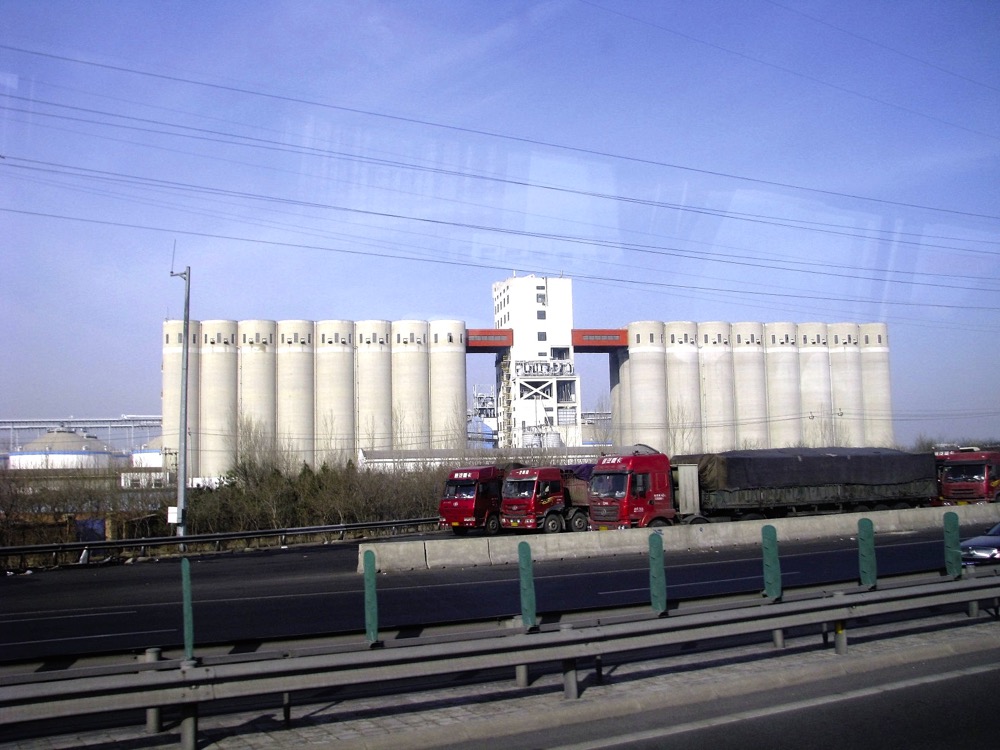I never agree with everything that’s said in our pages. I don’t expect you to always agree either.
The trickier issue is when we decide we don’t agree with a story before we read it. So we never get beyond the first paragraph.
In this case I ask you to consider reading associate editor Maggie Van Camp’s “Up for business” from beginning to end in our March 29, 2016 issue of Country Guide, even if you have very clear or even very rigid views about supply management.
Read Also
Editor’s Note: No pressure
What is your playbook going into this year’s crop? Not an easy question to answer right now, given the global…
We began with a question. With TPP and CETA eating away at supply management’s border controls, how would you manage a dairy farm today?
True to form, Maggie’s interviews will bolster your respect for the dairy farmers she interviewed. On its own, I believe, that’s a good enough outcome to justify the space we’re giving the story.
But there’s more. In my own case, my core attitudes about supply management had changed little in the past decade. I’ve figured supply management will survive as long as an overwhelming majority of its farmers support it.
Yet it’s inevitable, I thought, that there will come a day when supply management’s most progressive farmers want out, which will mark the beginning of some very difficult days.
Actually, I still think this, even though dissolving supply management would be much more difficult than dissolving the Canadian Wheat Board because of quota values and related isues.
I still think this could be true, by the way, but the evolution of supply management over the past decade and the transformation that we’re seeing now in supply managed farmers means we all need a more nuanced view.
These are not head-in-the-sand farms. More dairy farmers are doing serious scenario planning about surviving without the boards, even though they want supply management to stay.
I admit I’d be unlikely to vote for supply management if it came up as a new idea today. But I also admit that I find it surprisingly difficult to articulate an argument why Ottawa should dismantle the boards now.
In the past decade, the boards have actually made big strides in bringing new products to market, and equally big strides in ensuring the industry emerged from a series of processor rationalizations with its overall efficiency intact.
I used to think the boards would falter due to the cost of milk or eggs in the grocery store. Now, when we see big price differences, I think we need to ask tough questions of retailers, the same as in other food sectors.
Much more troubling, I believe, is the boards’ failure to deal in any responsible way with the complaint that their farmers use government-backed incomes and assets to outcompete grain and livestock farmers for land and resouces. Their deafness on this issue is shocking. Maybe it should even be fatal.
There is much more to say, of course, but as the sector begins its decade of change, let’s make our own start by getting to know the farmers. So please read on.
Am I getting it right? Let me know at [email protected].
















